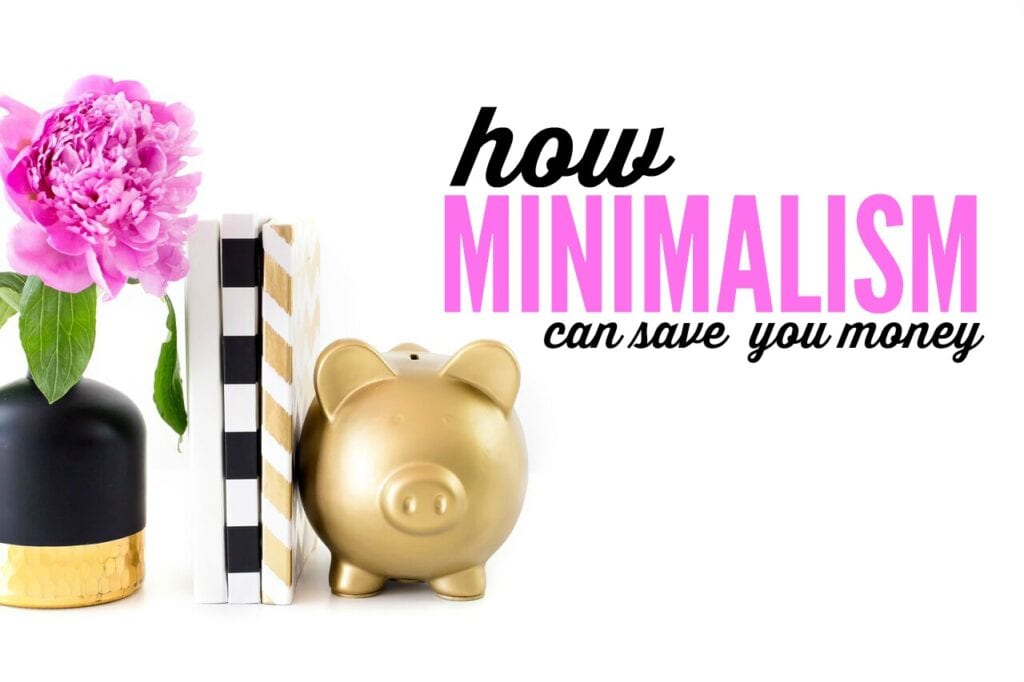 Minimalism is a modern concept and way of life that promotes living well with less stuff. In a way, it can seem a bit taboo especially if society has been telling you to buy more things to become happier and feel better about your life for as long as you could remember.
Minimalism is a modern concept and way of life that promotes living well with less stuff. In a way, it can seem a bit taboo especially if society has been telling you to buy more things to become happier and feel better about your life for as long as you could remember.
There has always been a commercial, ad, retailer, or even friend or family member telling you to buy something for yourself or your home. We’re often told that we need this or that to improve our lives, make things easier or more convenient, or just satisfy a want.
The consequences of wanting and obtaining more and more all the time can be seen when you watch shows like Hoarding: Buried Alive where people have so much stuff that their homes are literally buried in it and they don’t feel any happier.
Instead of just buying things on impulse and adding to the clutter, minimalism challenges you to shift your mindset and focus on what you truly need to get by and live a great life.
For many people, it’s not much once you boil things down. I’ve never considered myself a hardcore minimalist, but I understand minimalism and I love to declutter and clean. Adopting some minimalist habits has allowed me to save quite a bit of money as well.
Here are some ways that you can save when you embrace certain aspects of minimalism.
Need Less, Want Less, Spend Less
Minimalism helps you do all three of these things. Look around your home with a critical eye and you may see quite a few things that you no longer use, or didn’t even realize was there.
You may find yourself cleaning up and reorganizing certain items that no longer have any value to you anymore. At this point, it’s time to declutter.
Many of us accumulate a ton of stuff over the years so it’s best to declutter and get rid of things we no longer want or need regularly. Once you realize that you didn’t really want or need that unused picture frame or those bulky curtains, you’ll see how it was a waste of money and space.
Minimalism, helps you get clear on your core needs and identify everything that adds value to your life. Once you start to use the things you already have and love, you won’t need to spend extra money on anything else.
Instead, you can save more of your money or use it to pay off debt.
Maintain a Smaller Home
When you practice minimalism and purge all the items you don’t want or need, you’ll feel less stressed and have more space to actually live in your home.
With fewer items, you can actually get by in a smaller home since you won’t need a ton of storage space, a three-car garage, and a basement to store all your excess stuff.
Smaller homes are more affordable and you can save tens or even hundreds of thousands of dollars in rent and mortgage payments (not to mention utility bills and repairs) by choosing a smaller home over a huge high-maintenance home.
No Need to Purchase Products and Services to Help You Clean and Organize
With less stuff, you won’t have to purchase items like shoe or purse organizers or expensive shelving in your home. You also many not need to invest in outsourcing certain tasks like housekeeping and laundry services.
Without a ton of stuff, you can clean up quicker and spend less energy on mundane tasks like organizing and spend more time with your friends and family.
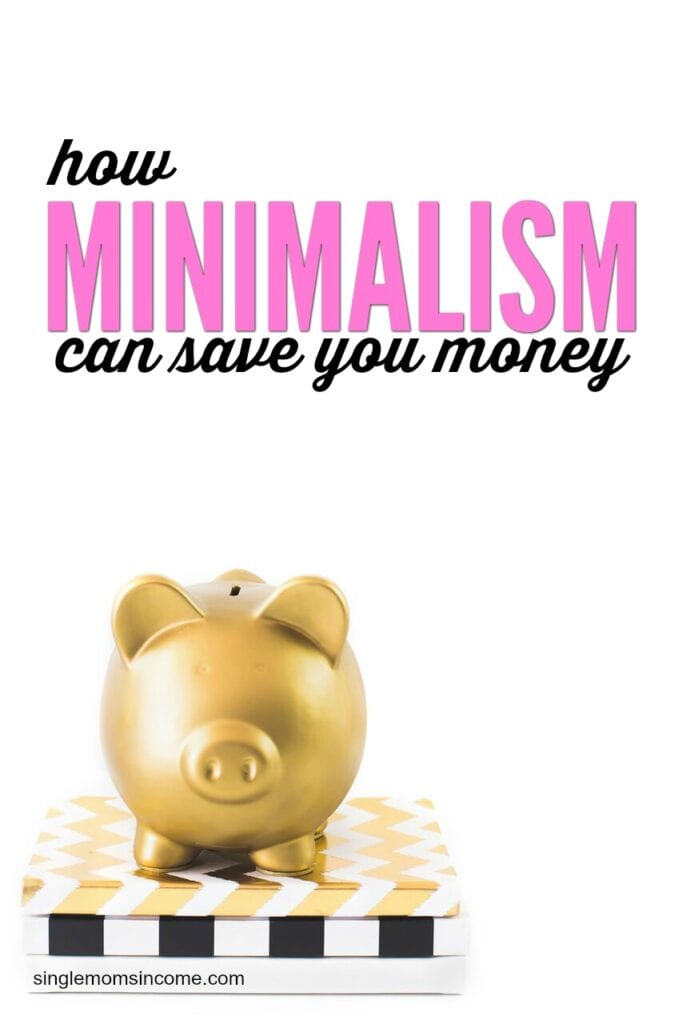
Save Money Naturally by Spending Mindfully
Minimalism doesn’t mean you can’t spend money on anything. Minimalists still buy things but it’s different because they often practice mindful spending or value-based spending.
After you’ve adopted frugal habits and are content with living well with less, you won’t spend nearly as much as you used to spend.
You’ll start to question whether you need certain things like an extra pair of shoes, that fancy coffee mug, or another couch for your living room.
Let’s say you’re adopting a minimalist mindset and you determine that getting new shoes will actually add value to your life and are a need since you’re a runner and the shoes you currently have are worn out.
You’ll buy a quality pair of shoes that will last you a long time since that’s something you value instead of just buying something on sale or a lower quality product that you’ll need to replace sooner.
Over time, you’ll save money by not needing to replace your shoes as quickly.
Minimalism is Different For Everyone
Every has their own unique way of practicing minimalism. While you may be comfortable with having only ten outfits in your closet, someone else may not but they may be willing to decrease their large book or shoe collection.
The one benefit that remains constant if you choose to embrace minimalism, is that fact that you will save money by getting rid of what you don’t need, spending less overall, and spending mindfully when you do need to purchase something.
Minimalism can also help you escape the rat race. Instead of working day in and day out to afford a lifestyle you can’t afford filled with things you don’t need or don’t even have time to use, minimalism will free up more of your time and money so you can save and invest, retire, travel, work less, or have enough money to do whatever is most important to you.
Have you tried minimalism or do you think it could work for you?
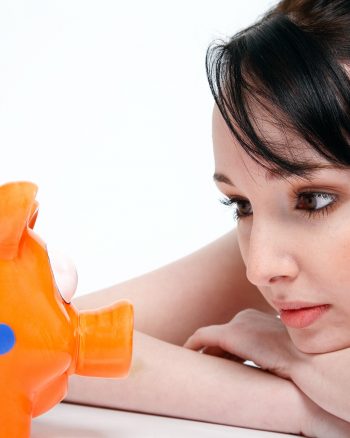
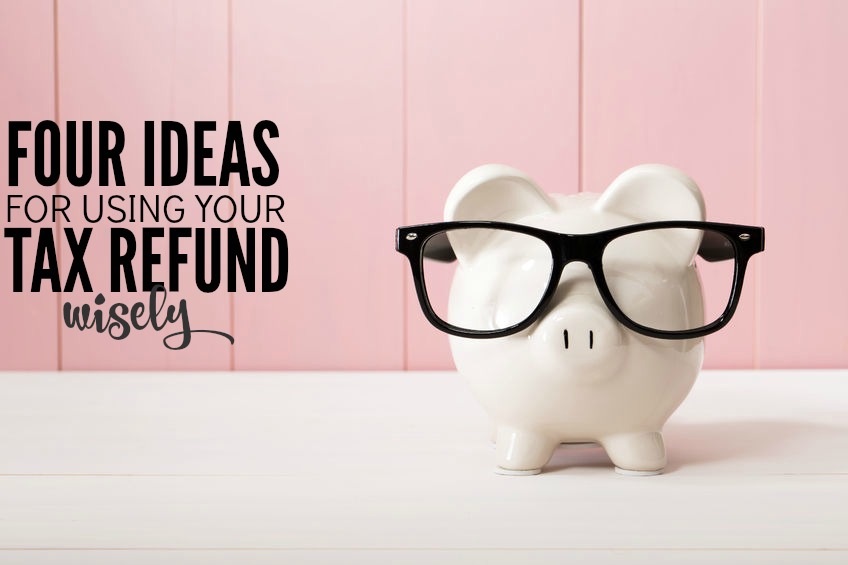
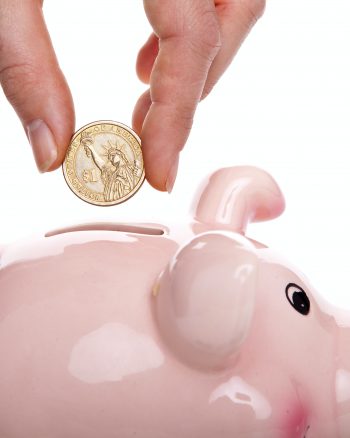
Loving this p9st I am agree with the entire post, thanks for sharing!
Great post! I’ve found that living a more minimalistic lifestyle ironically increases the value of the items I do buy while saving me $ in the long run. By buying higher quality goods, in smaller quantities and less frequently, I actually save money and get the better product as opposed to purchasing multiple “fast fashion” lower quality items frequently.
This doesn’t necessarily mean I’m always willing to shell out extra $s. I still wait for sales and get the best price I can but I’m saving a lot more money (and time) in the long run. Who needs to keep up with the Jones’? They have too much stuff anyways!
I love minimalism!
The fact that we live in a very small apartment actually helps. We got rid of so much unnecessary stuff when we moved here, and a smaller living space helps a lot. When we feel the urge to buy something we stop to think – hmm, where would we even put this? Wait, maybe we don’t really need it. Big money saver